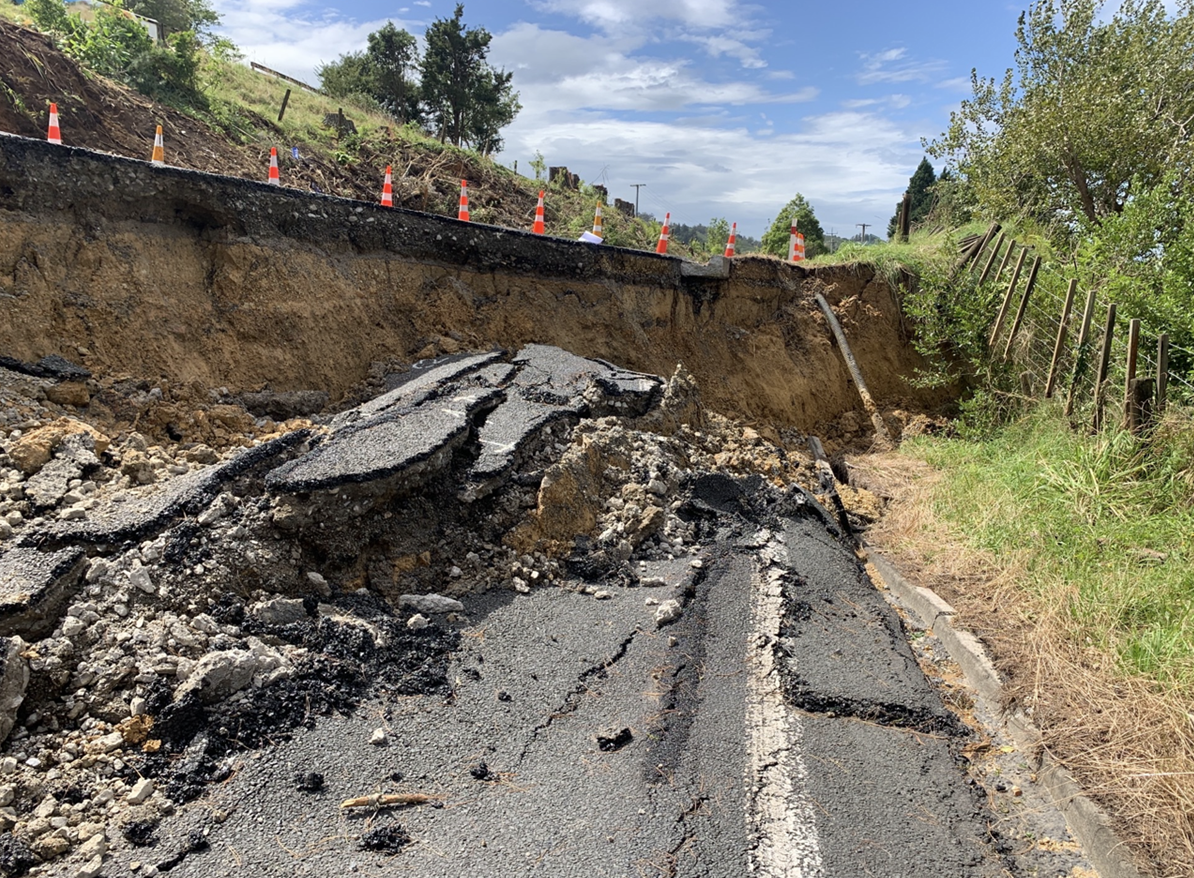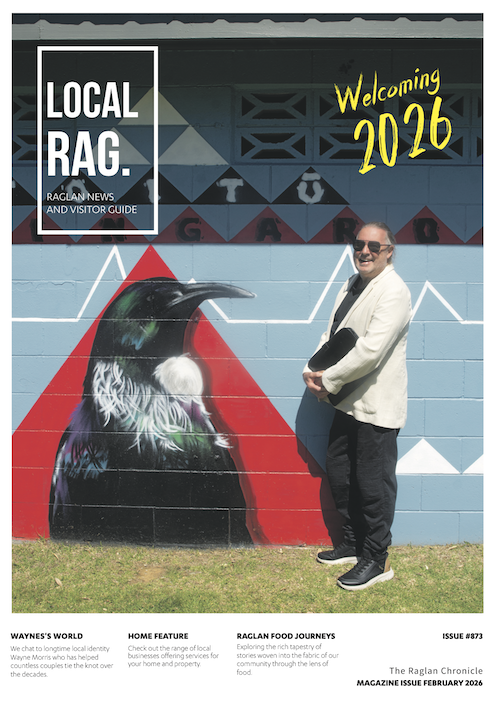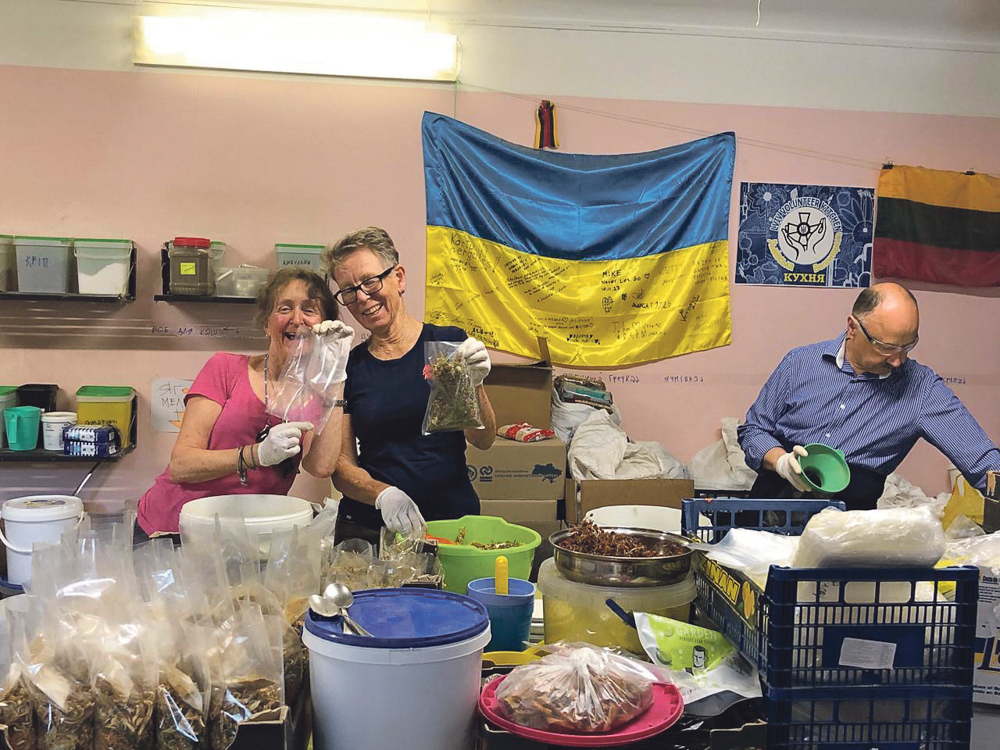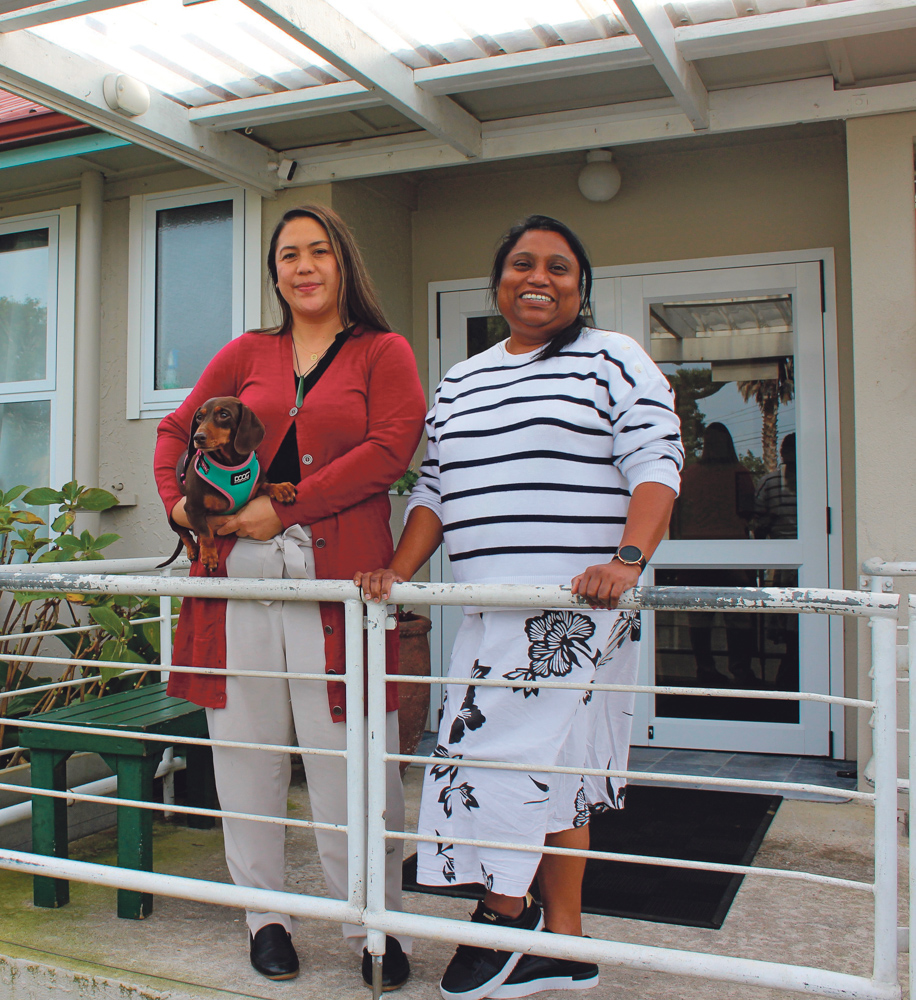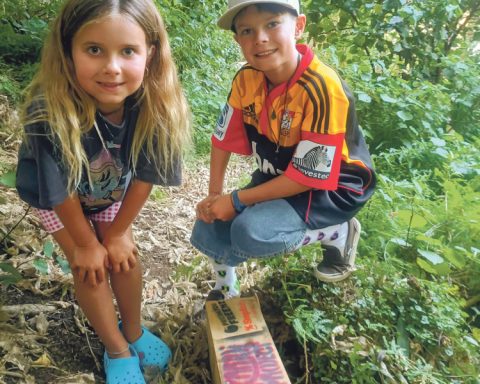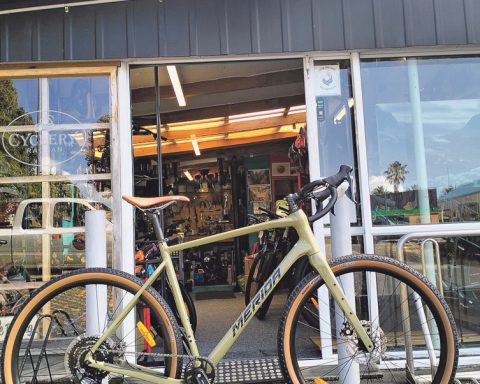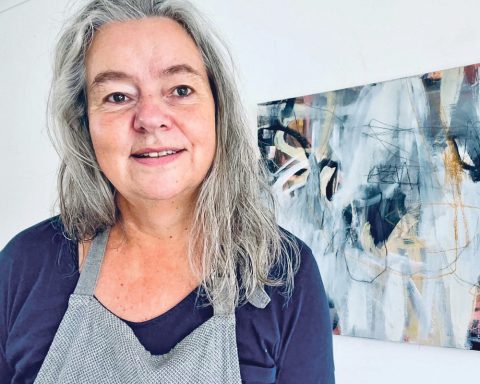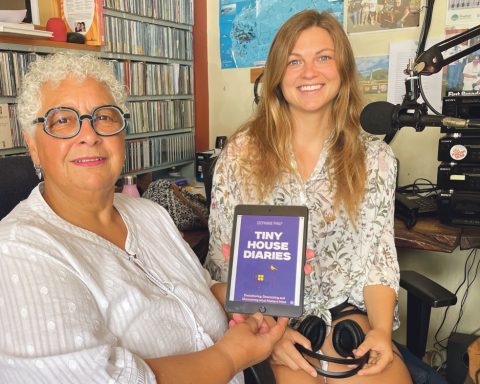In the past five years Whāingaroa has faced its share of challenges. From the disruptions of a global pandemic to local road closures and power outages, the town has had to adapt quickly.
At the same time, the cracks in wider systems are becoming harder to ignore. But what does it actually mean for a community to be resilient in the face of such change?
Raglan Naturally is hosting a community event this Saturday and they would love for you to join in and give voice to what matters to you.
Gabrielle Parson and local resident and facilitator Finn Mackesy will be co-facilitating the event and offering an opportunity to explore and reflect on what resilience might mean at a local level.
Community Resilience and responding to Climate Change was a key priority in the 2023 Raglan Naturally Networking & Planning event and the time has come for us to focus on this together, says Gabrielle.
Resilience has been explored across many fields, each offering a different lens. In ecology, it’s about how ecosystems adapt and maintain balance through disruption, with an emphasis on relationships and interdependence. In engineering, the focus is on infrastructure that can withstand shocks and recover quickly. Finn notes a growing shift toward nature-based solutions like wetland restoration and native planting, now being prioritised by governments to reduce climate-related risks.
Psychology views resilience as a person’s ability to adapt to difficulty, using mental flexibility and emotional recovery. Finn connects this to neuroplasticity and says the strain is especially clear in mental health.
“A lot of younger people are feeling the weight of a system that’s unsustainable and they’re increasingly aware that something has to give.”
At a personal level resilience might involve mental health, financial security or spiritual wellbeing. In a community context it could mean having strong local food networks, mutual aid systems and relationships built on trust. At broader levels it includes how decisions are made, how conflicts are resolved and how prepared we are for emergencies.
“We’re already seeing the stress points,” Finn says. “Our town isn’t isolated from the global challenges – whether it’s climate change, economic instability or social disconnection. But what we do here, how we connect and how we act together – that’s what will shape our resilience.”
In Whāingaroa, the need for resilience is already being felt. Last year saw multi-day road closures on State Highway 23 and Ohautira Road, as well as extended blackouts in and around the township. This got us thinking more about local food networks and caring for vulnerable groups.
“We want this workshop to be a space for reflection, sharing stories and practical ideas,” says Gabrielle. “Because resilience isn’t something we each do alone – it’s something we build together.”
Resilient Communities – Whāingaroa: Forum 1 will be held on Saturday 26 July from 2–4pm at Raglan Town Hall. The forum invites locals to map how past and present actions contribute to resilience and to identify new opportunities to strengthen it in Whāingaroa. All are welcome, with family-friendly activities and refreshments provided. Forum 2 will follow on Sunday 17 August, 10am–2pm.
For more information, contact info@raglannaturally.co.nz or visit Raglan Naturally on Facebook.
